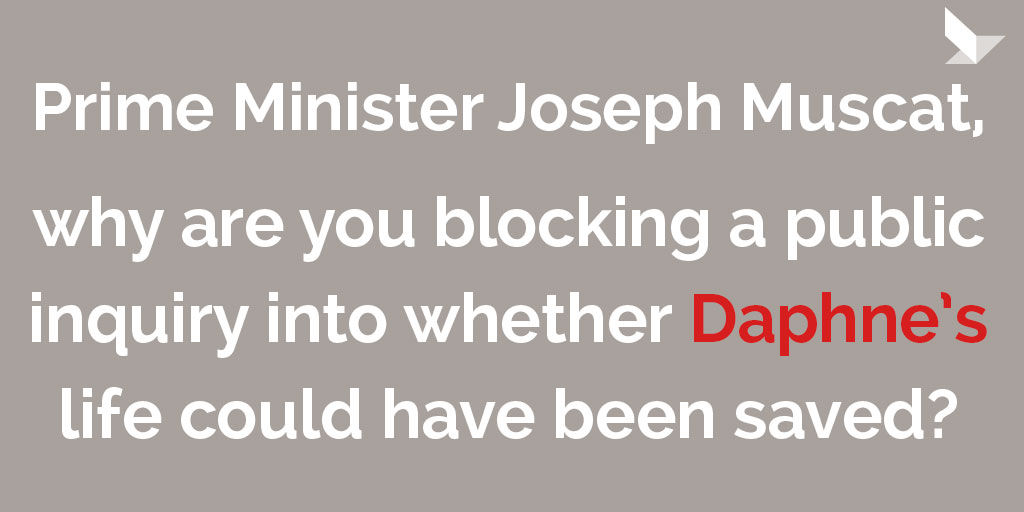
Malta’s turn is up soon. On 14 November 2018, Malta will be questioned on the advancements of its human rights thanks to the Universal Periodic Review (UPR) process, with the distribution of the report taking place on 16 November 2018.
So what is this UPR?
The UPR is a particular procedure that comprises a periodic review of the human rights records of all 193 UN Member States. It gives each State the chance to declare what actions or steps it has taken to improve the human rights situation in its country and to discuss the challenges that State may be facing when it comes to these rights.
Implemented by the Human Rights Council, the UPR single-handedly is the only current mechanism that promotes and shares the best practices on human rights around the globe.
The objective of the UPR
The aim of the Universal Periodic Review is to assess the State’s human rights records and point out any violations when these occur. The UPR can also provide technical help to the State and expand its capacity to mitigate any challenges on human rights.
Another one of its objectives is to promote the sharing of best practices among States and other stakeholders such as NGOs. The ultimate aim of the UPR is to improve the human rights situation in every country, with momentous consequences for people around the globe.
On 14 November, Malta’s review will commence at 2.30pm and finish at around 6 pm.
Can Non-governmental organizations participate in the UPR?
NGOs are called in a pre-review session to submit information, which is then added to the ‘other stakeholders’ report. The information they give can then be referred to by any of the States taking part in the interactive session during the review.
NGOs can also attend the Universal Periodic Review Working Group sessions. They can also make Statements at the regular session of the Human Rights Council when the outcome of the State review is being deliberated.
Last Friday, aditus Director Neil Falzon attended a pre-session of the UPR, where he delivered a presentation on behalf of aditus foundation and the Platform of Human Rights Organisations in Malta (PHROM).
The pre-session was attended by several state missions based in Geneva, and served as an information-gathering exercise for them as they prepare their questions and recommendations for Malta.
The session was organized by the NGO UPR-Info.
What steps are taken following the review?
The State should implement the recommendations appended in the final outcome. The UPR makes sure that all States are responsible for the implementation or failure to implement these recommendations. The Council will also address the issues when States fail to co-operate.
The Human Rights Council will decide on the measures to take when a State persists in not cooperating with the Univeral Periodic Review.
In our next blog post on the UPR, we’ll give you a detailed account of Neil’s presentation so that you can follow the several stages leading to the procedure’s final report on Malta.



